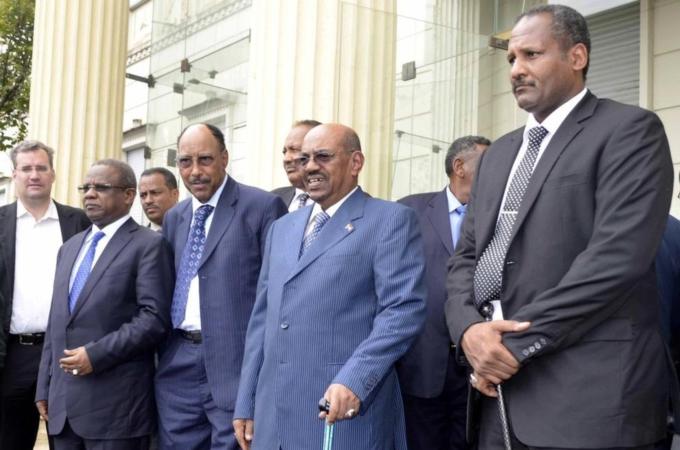By Emily Schneider
Impunity Watch Reporter, Middle East
DAMASCUS, Syria – Daily life for citizens in war-torn Syria is getting harder every day as indiscriminate attacks continue. Although the reality of war affects every aspect of life for citizens, children are especially vulnerable to the instability caused by crisis. This week marked the beginning of the school year but for many of Syria’s children learning is a luxury only afforded in peacetime.

According to Syria’s Ministry of Education, more than 2,000 of the country’s 22,000 schools have been damaged or destroyed and are unusable. Leila Zerrougui, the United Nations’ envoy for Children and Armed Conflict, says that she has called on the Syrian government to make the evacuation of all schools a top priority. In smaller villages, citizens whose homes have been destroyed congregate in common buildings, such as schools, for safety. The Ministry estimates that about 759 schools are being used as sanctuaries for displaced persons. But according to Amnesty International, many of these schools have been the targets of air strikes or large-caliber bullet spray from helicopters in spite of the fact that their occupants are civilians.
The Ministry claims that most schools are still operational and handling the overflow by scheduling classes in shifts. The government said more than 5 million students attended school on Sunday. But according to Dina Craissati, UNICEF’s regional education adviser, at least 200,000 children within the country are having difficulty accessing education due to internal displacement. in an effort to off-set the lack of structured school activities, UNICEF was able to provide a small number of children with “recreational kits” for entertainment.
The unavailability of education extends outside of the country’s borders, following the flow of refugees. The U.N. Children’s Fund said that the Lebanese government was struggling to place an estimated 32,000 Syrian refugee children in school. In Jordan, UNICEF is currently building a school that will hold up to 5,000 students and workers were registering school-age children at the Zaatari refugee camp.
For most children, the inability to attend school is a secondary concern. Zerrougui said that she and her staff have “documented government attacks on schools, children denied access to hospitals, girls and boys suffering and dying in bombardments of their neighborhoods, and also being subject to torture, including sexual violence, sometimes for weeks.” Non-state groups have also committed violations against children. According to Zerrougui, the Free Syrian Army “may have children associated with their forces.”
“The situation for children in Syria is dire,” she told the Security Council.
For further information, please see:
Al Arabiya News – U.N. Security Council Split over Children and Armed Conflict – 20 September 2012
CNN – Deaths Mounting in Syrian Towns; Children Being Tortured, U.N. Official Says – 20 September 2012
Huffington Post – Syria Bombardments, Air Strikes Terrorize Civilians, Amnesty International Says – 20 September 2012
CNN – Growing Jihadi Presence in Syria ‘Alarming,’ U.N. Investigator Says – 17 September 2012
Boston Globe – Civil War Keeps Many Syrian Children from School – 16 September 2012
Amnesty International – Indiscriminate Attacks Kill, Terrorize and Displace Civilians – 14 September 2012
UNICEF – As Population in Syrian Refugee Camp in Jordan Soars, Focus is on Needs of Children – 14 September 2012


